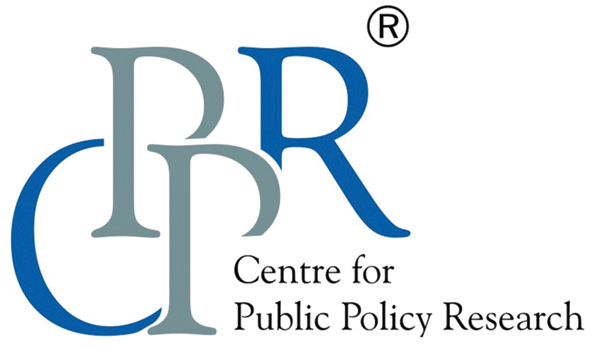CPPR in the News

Kerala Elections: Tripunithura remains unpredictable
April 8, 2021
Enabling policies will address COVID-19 vaccine shortage
April 16, 2021New campaign style helped raise Congress hopes in Kerala
CPPR chairman Dr D Dhanuraj comments in a news article published in Sunday Guardian Live. He says “In this election, the voters had analysed the work carried out by the sitting MLA, the candidate’s personality and his or her interaction with the electorate. The voters preferred the candidates who were accessible to the residents of the constituency.”

In the run-up to the Kerala Assembly elections, the Congress adopted a “new” campaign style, which it hopes, helped it in the polling that took place on Tuesday, 6 April. The party concentrated on the past work done by the sitting MLA, apart from fielding several candidates below 45 years of age. The Congress believes that this helped energise the cadre on the ground and also caught the imagination of the voters. In several constituencies, the party’s election campaign revolved around the achievements of the local MLA, and different slogans were designed for the individual candidate, concentrating solely on their work.
For example, in Thrithala, which witnessed a close contest between the two heavyweights from UDF and LDF, the UDF candidate, V.T. Balram, who is an MLA for the past two terms, came up with a slogan which read “Balram will be with you”. The work done by the MLA was also listed. Similarly, in Palakkad constituency from where BJP candidate E. Sreedharan contested the election, the UDF candidate and the sitting MLA, Shafi Parambil, put up posters in the constituency which loosely translated as “Palakkad needs Shafi”. In the Haripad constituency, the Congress declared Ramesh Chennithala, who is also the Leader of Opposition in the Assembly, as the chief ministerial candidate, though he was not widely projected across the state.
Prabhash J., a political analyst, told The Sunday Guardian, “I feel that they adopted this strategy because the party concentrated on winning Assembly seats which they didn’t want to lose. They might have identified certain constituencies where they had greater chances of winning. I don’t think this strategy was adopted throughout the state. I don’t know whether this is a local phenomenon confined to certain districts.”
Dr D. Dhanuraj, chairman of Centre for Public Policy Research, told The Sunday Guardian, “In this election, the voters had analysed the work carried out by the sitting MLA, the candidate’s personality and his or her interaction with the electorate. The voters preferred the candidates who were accessible to the residents of the constituency.”
He further said, “With the Congress fielding young and fresh faces, it has helped the party and made the contest more interesting. In the last leg of the election, the body language of Ramesh Chennithala boosted the overall image of Chennithala which helped the Congress.”
Dhanuraj said, “I don’t know whether it was a conscious decision or not. But in Indian politics, the question is always ‘who is your leader?’. When the LDF projected Pinarayi Vijayan as a strong and decisive leader, in order to counter that campaign, the Congress had come up with some strategy. At the time, maybe the individual candidates moved to project themselves as the ideal candidate for their respective constituencies.”
He further added, “Projecting a leader has merits and demerits. If that leader fumbles in some part of the elections, the entire campaign will be affected.”
Sujathan, a senior journalist, told The Sunday Guardian, “The Congress contests elections in Kerala collectively. As they are not in power at the Centre and the state, the business community is not providing them with funds. So the leadership asked the local candidates to fight the election on their own ability. For the first time, the Congress encouraged second-rung leaders to grow in the party.”
This news article was published in Sunday Guardian Live on 10 April 2021, Click here to read

